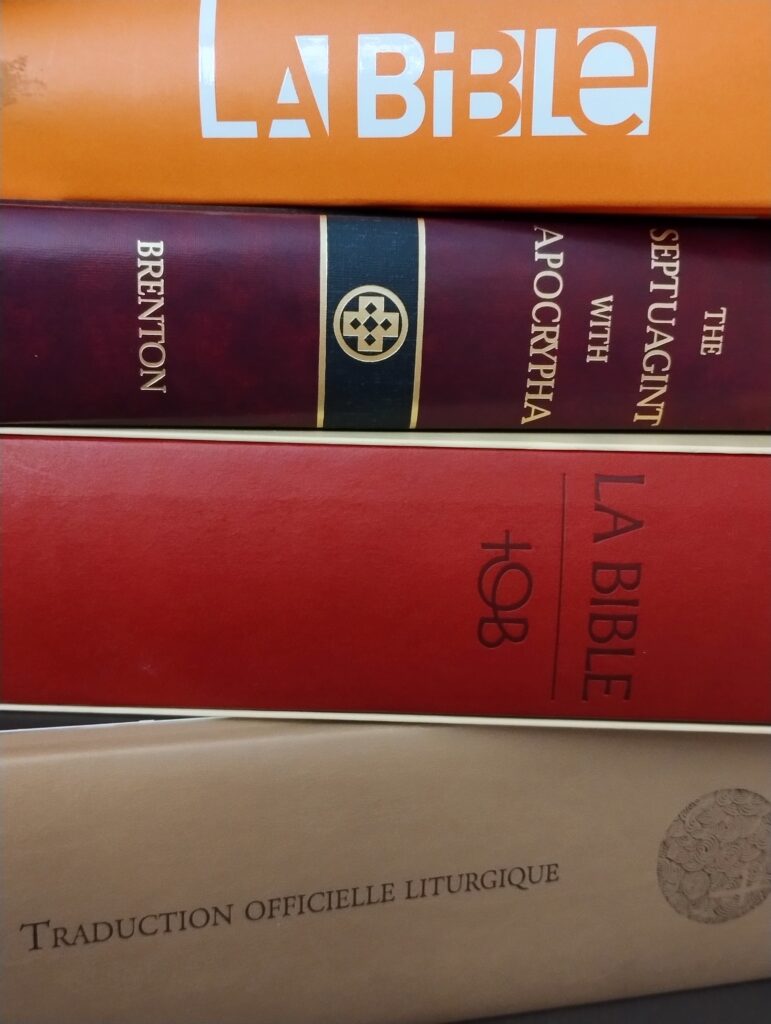
The current situation
Today, about 7000 different languages are spoken around the world, not including many dialects. According to the Wycliffe Global Alliance, as of September 2023:
- The entire Bible (Old and New Testaments) exists in 736 languages, corresponding to 6 billion people
- The New Testament is available in 1658 languages, corresponding to 824 million addition people
- Smaller portions of the Bible are available in 1264 languages, corresponding to a further 449 million people.
In other words, at least a portion of Scripture exists in 3658 languages corresponding to 7.23 billion people or 97% of the world population.
These impressive statistics are due to huge translation projects undertaken since the 18th Century by large organisations such as United Bible Societies, Wycliffe and Biblica. Many organisations have been working to continue translation work where only portions are available, but also for the 3% of the world’s population that currently has no Scripture in their language. There are many such languages, each of which is spoken by relatively few people. Translating into these languages is a huge technical, ecclesial and linguistic challenge.
An alliance of actors
In December 2012, the American branches of Wycliffe, Biblica and the American Bible Society created an alliance called Every Tribe Every Nation (ETEN), with the objective of completing the task of translation into every language by 2033. ETEN also supports online platforms that distribute Scripture, including Digital Bible Library and YouVersion, etc. More recently, other organisations have joined the alliance, including unfoldingWord, which promotes the missionary approach known as Church-Centric Bible Translation (CCBT).
Biblical resources for the world
Every Christian can understand why it is extremely useful to have a Bible in their own language. But, also, in English or French, Bible readers may read Bible commentaries, maybe in a study Bible format. A translator will consult more technical commentaries, dictionaries or other reference documents. An ETEN project called Bible Aquifer aims to make such resources available in strategic languages.
Over the last few years, several large publishers – encouraged by ETEN – have begun to release some of their content under Creative Commons licences. These licences allow anyone to use, modify and translate the resources. Bible Aquifer translates these resources and makes them available to the global church. Xenizo undertakes some of that translation, notably into French. We began with Tyndale study notes, with content from Biblica and unfoldingWord next on the list. Xenizo is looking for translators and proof readers to work with us to meet this challenge.
